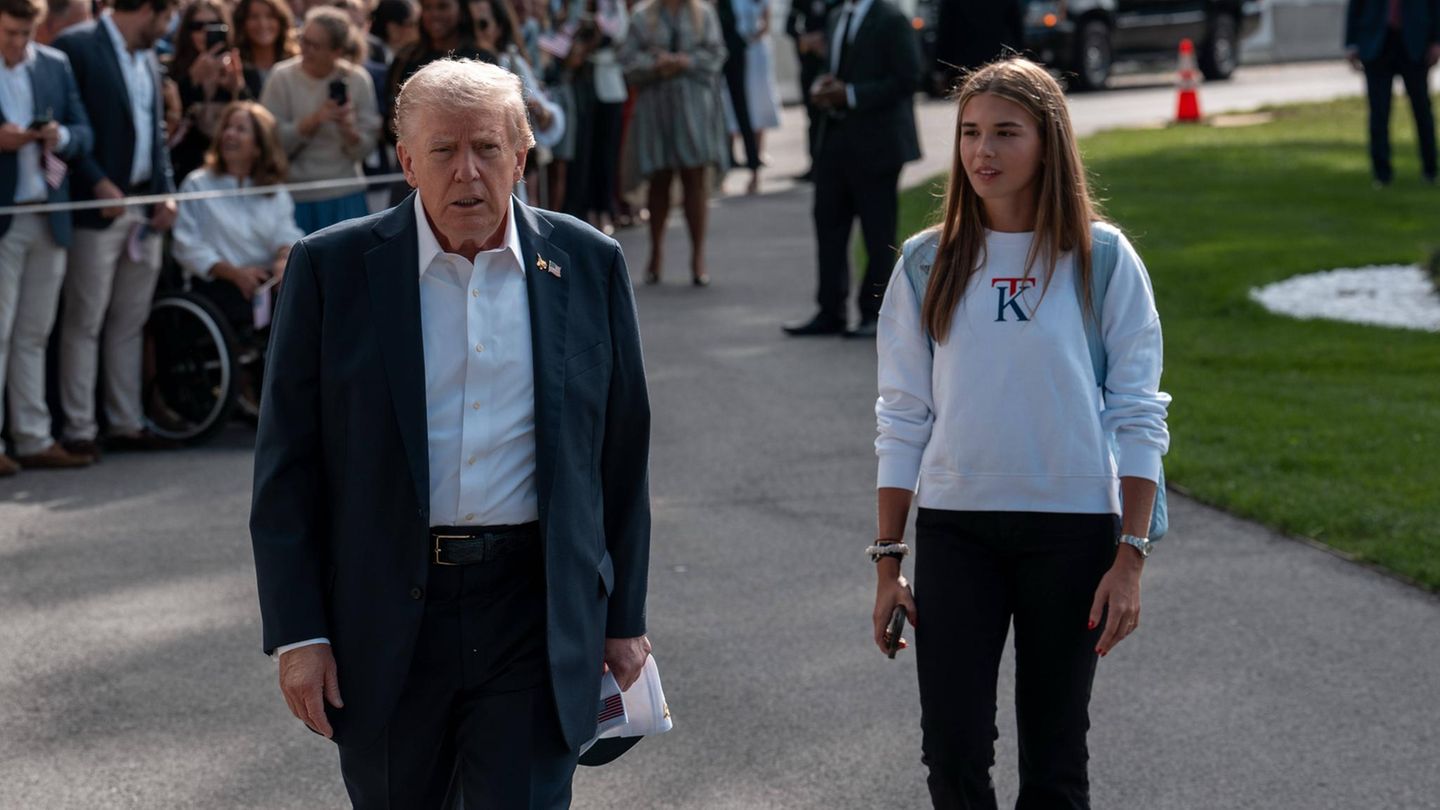According to a study, trend-driven fashion requires 98 million tons of non-renewable resources every year – a system change is necessary. London Fashion Week now wants to react.
With an appeal for more sustainable buying behavior in clothing, the organizers of the London Fashion Week have campaigned for a stronger contribution to climate protection.
The head of the British Fashion Council (BFC), Caroline Rush, made businesses and consumers equally responsible at the end of the event. Customers should only buy half as much clothing and companies should offer a lot less. Rather, they should rely more on secondhand to reduce the industry’s huge ecological footprint, Rush said on Wednesday.
A study by the BFC’s Institute of Positive Fashion comes to the conclusion that trend-driven fashion requires 98 million tons of non-renewable resources and produces 92 million tons of waste every year. A system change is necessary to prevent waste from being generated within the supply chain. In addition, a far too large part of the production ends up in the bin, the report continues. According to the calculations, 90 percent of the clothing sold in Great Britain is imported, and 60 percent of the used textiles are exported.
The study’s authors emphasized that even with significantly lower sales, hundreds of thousands of jobs could be created by 2035 by creating a circular model of secondhand, loan, subscription and repair.
The UK fashion market is one of the most important in the world. Before the outbreak of the pandemic, 890,000 employees generated sales of 118 billion pounds (137 billion euros), according to the BFC.
Jane Stock is a technology author, who has written for 24 Hours World. She writes about the latest in technology news and trends, and is always on the lookout for new and innovative ways to improve his audience’s experience.




